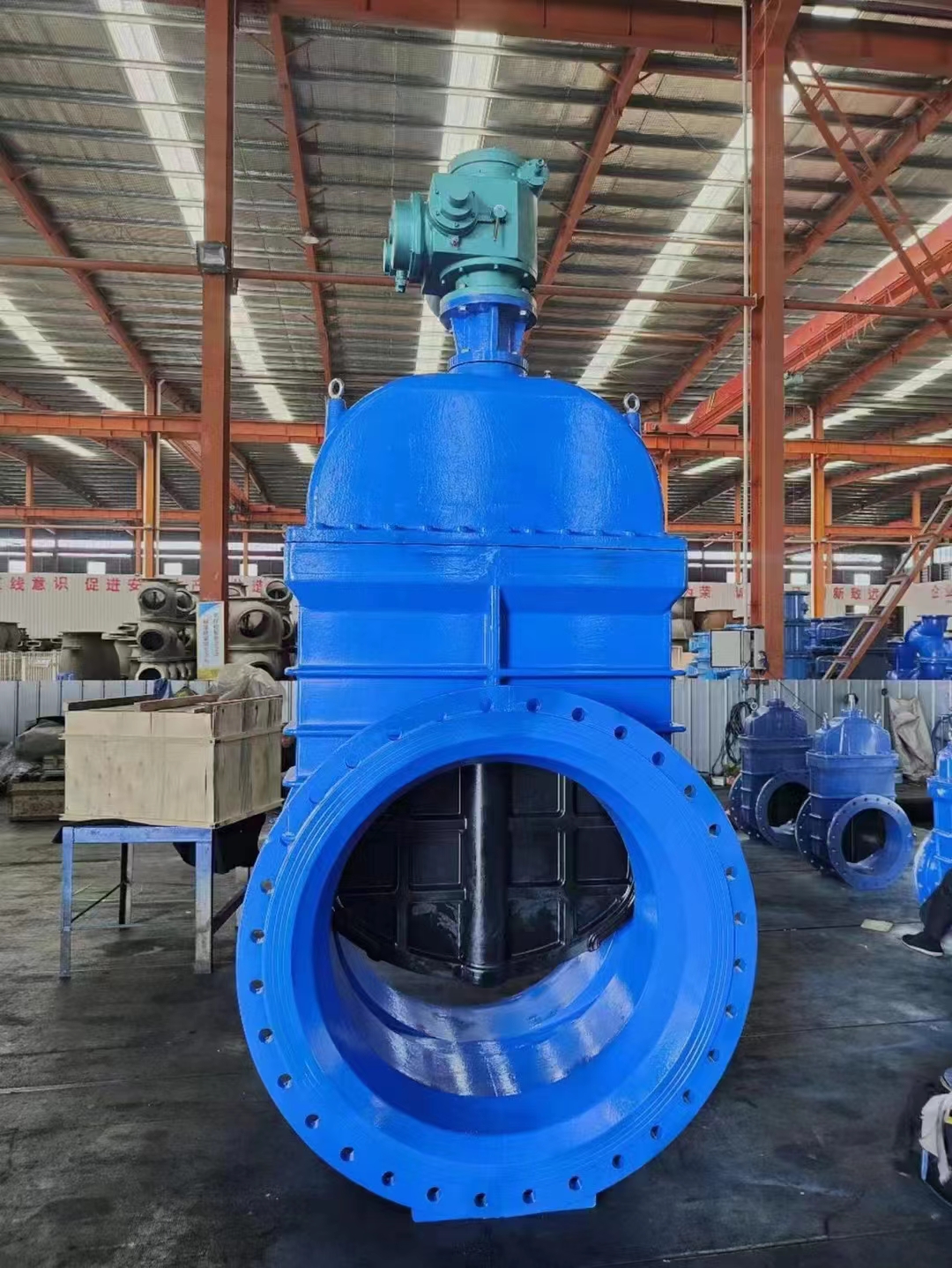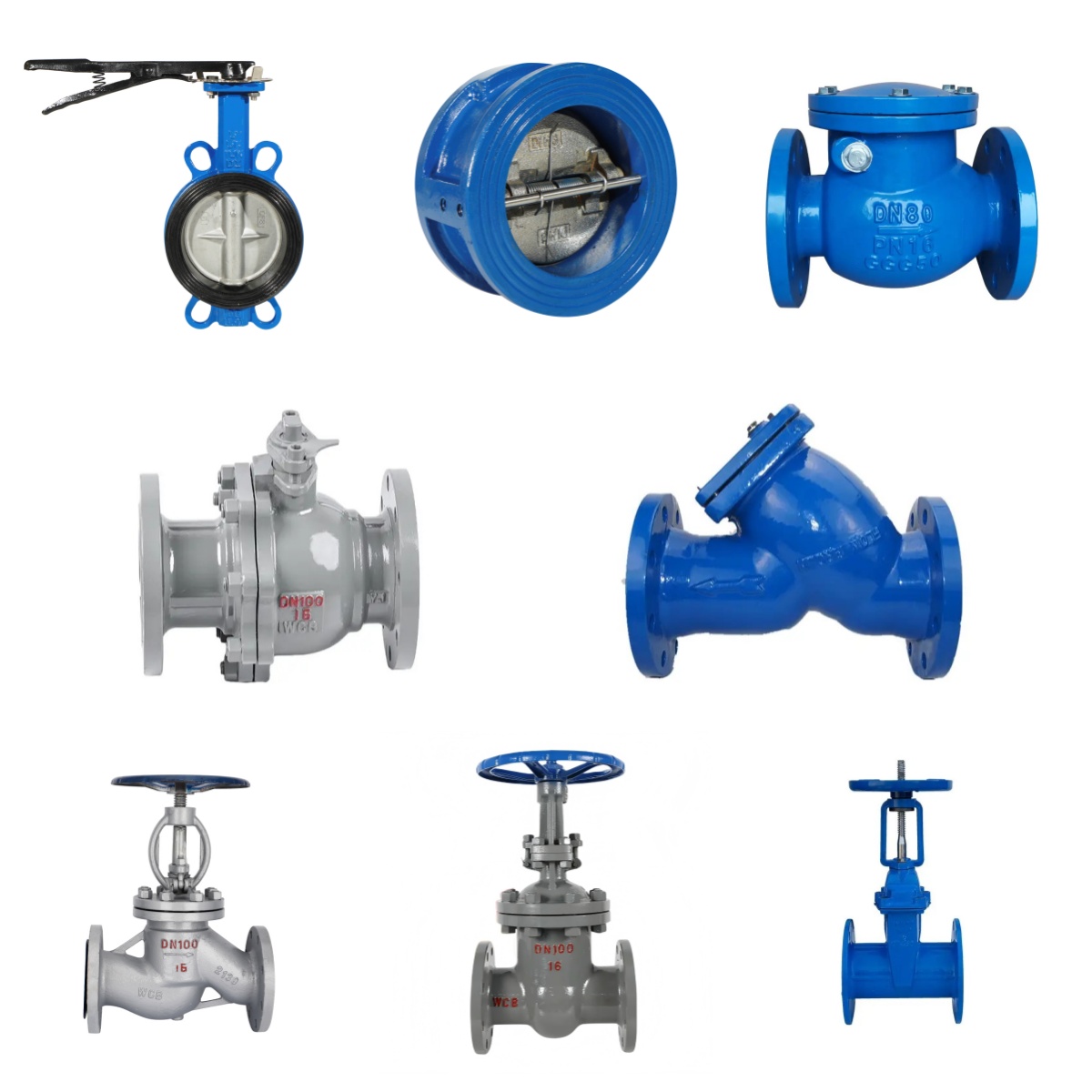Pneumatic valves are compared with electric valves and manual valves. What are the differences in operation mode, energy demand, scope of application and degree of automation?
I. Performance characteristics
Manual valves:
Advantages: simple operation, low price, convenient maintenance, high stability, not prone to failure, suitable for long-term stable operation. Its structure is simple, only regular lubrication and inspection are required, which reduces maintenance costs and time.
Disadvantages: Manual operation may cause fatigue of operators, and continuous production and automatic control cannot be achieved. The operation speed is slow and the labor intensity is high. It is difficult to operate valves for large pipelines or high pressure and large flow.
Pneumatic valves:
Advantages: sensitive action, fast response speed, can open and close the valve in a short time, suitable for occasions with high response speed requirements; flexible transmission mode, can be opened and closed by changing the pressure size and direction, suitable for frequent replacement occasions; safe operation, no electrical components involved, excellent explosion-proof performance; can stably operate in various harsh environments, including corrosive media and high temperature and high pressure media; simple structure, convenient maintenance, low cost.
Disadvantages: Affected by the fluctuation of compressed air pressure, the valve may cause unstable operation; in the winter in the north, it is easy to be affected by the water content of compressed air, causing the transmission part to freeze and not operate; the control accuracy is limited, and it is difficult to achieve very precise control of parameters such as flow and pressure; the action distance is limited, and there will be problems such as pressure loss and signal delay when transmitting compressed air over long distances; it is necessary to equip the air source system, which increases the complexity and investment cost of the system.
Electric valve:
Advantages: high control accuracy, can achieve precise adjustment of valve opening through precise motor control and advanced control system, can accurately control the flow rate, pressure and other parameters of the fluid; can greatly reduce the labor intensity of operators, especially suitable for high-pressure and large-diameter valves; easy to achieve remote control and automatic operation, can be integrated with computer control systems, PLC, etc., to achieve intelligent management; stable operation, the output torque of the electric actuator is stable, not affected by factors such as air source, and can maintain good action stability and repeatability under different working conditions; good effect on liquid media and large-diameter gas, not affected by climate.
Disadvantages: The response time is long, and it takes a certain amount of time for the motor to start and brake. In some occasions where rapid response is required, it may not meet the demand; it depends on the power supply. If the power is interrupted or fails, the valve may not operate normally; the price is high, especially for large or high-performance electric valves, which increases the investment cost; it is unstable to use in a humid environment, there are safety risks, and special explosion-proof measures are required when used in flammable and explosive environments.
2. Scope of application
Manual valve: simple structure, low price, suitable for small pipeline systems and simple fluid control occasions, such as household water supply systems, small water channels, tap water, gas and other ordinary pipelines. However, for large pipeline systems or occasions that require frequent operation, manual operation will be more difficult and inefficient.
Pneumatic valve: suitable for the control of gas, liquid, gas-liquid mixture and even high-viscosity fluid, common in petrochemical, aerospace, medicine and food industries. It can operate stably in various harsh environments, including corrosive media and high-temperature and high-pressure media, but is not suitable for long-distance transmission. In places with strict explosion-proof requirements, such as petrochemical units, pneumatic valves have obvious advantages.
Electric valve: widely used in many industries such as electricity, metallurgy, chemical industry, petroleum, etc., suitable for the control of liquid media and large-diameter gas. It can be used in occasions that require precise flow control, high degree of automation and remote control, such as chemical industry, electricity and other industries, but not suitable for humid environments.
3. Operation method
Manual valve: The operator uses a handle or handwheel to operate the opening and closing of the valve by manpower. When the valve opening and closing torque is large, it is necessary to install a turbine device between the handle or handwheel and the valve stem, which is more labor-saving to operate. Usually, pull the handle or handwheel of the valve, rotate it clockwise to close it, and rotate it counterclockwise to open the valve.
Pneumatic valve: The valve switch is driven by a pneumatic actuator and compressed air is used as the power. The valve is equipped with a manual device to prevent the valve from being opened and closed by manual operation when the actuator fails.
Electric valve: The switch is driven by an electric actuator and is equipped with a manual device, which can be manually operated when the actuator fails.
4. Energy demand
Manual valve: completely dependent on manual operation, no additional energy supply is required, only the operator needs to provide power to complete the valve opening and closing action.
Pneumatic valve: needs to be equipped with a special compressed air supply system, including air compressors, air tanks, dryers, filters and other equipment to provide a stable air source.
Electric valve: using electricity as the driving source, it needs to be connected to the power supply to work, and has certain requirements for the stability and reliability of the power supply.
In summary, when choosing a valve, it is necessary to comprehensively consider factors such as specific industrial automation needs, operation methods, energy needs, scope of application, degree of automation, manufacturing cost and maintenance cost. If the budget is limited, the operation is simple and the degree of automation is not high, manual valves are an economical choice; if fast response, good explosion-proof performance and suitable for harsh environments are required, pneumatic valves are more suitable; if the control accuracy and degree of automation are high, and there is a stable power supply, electric valves are the best solution.








